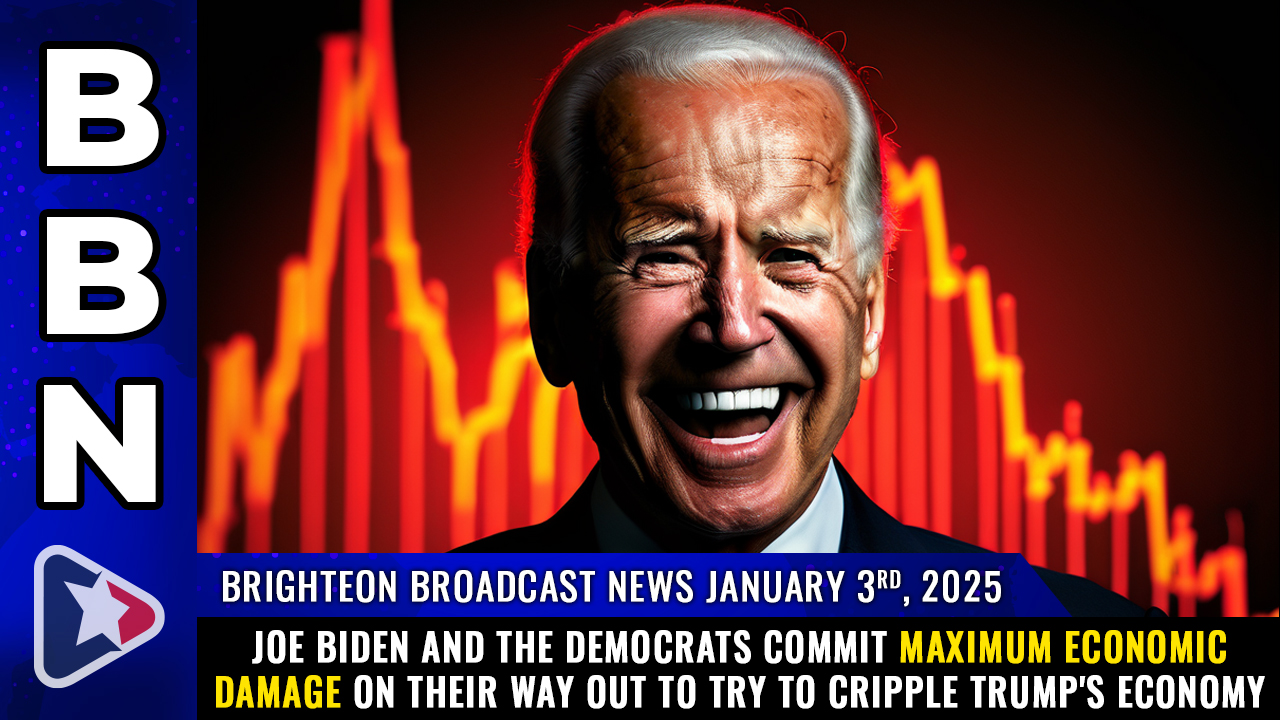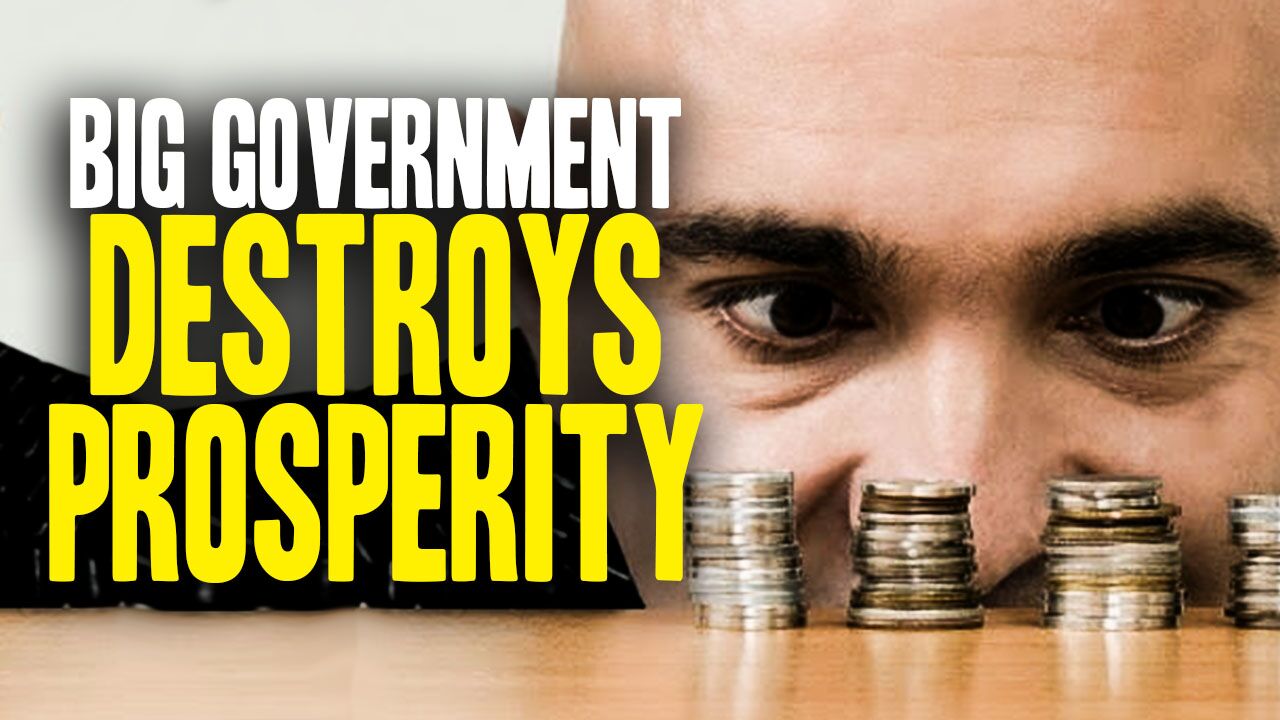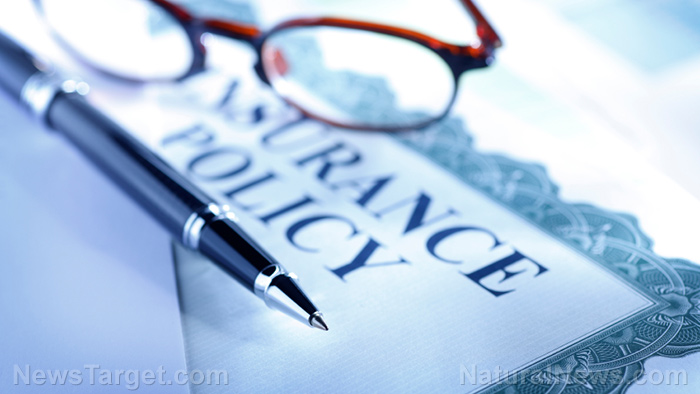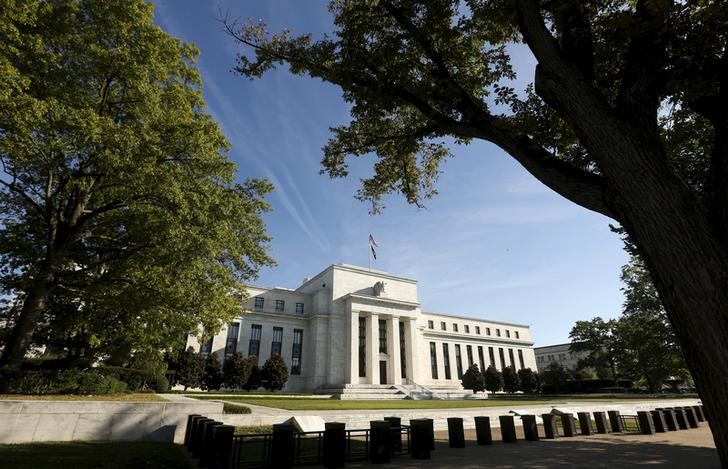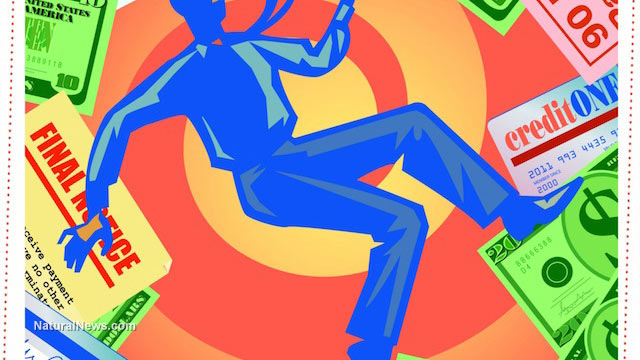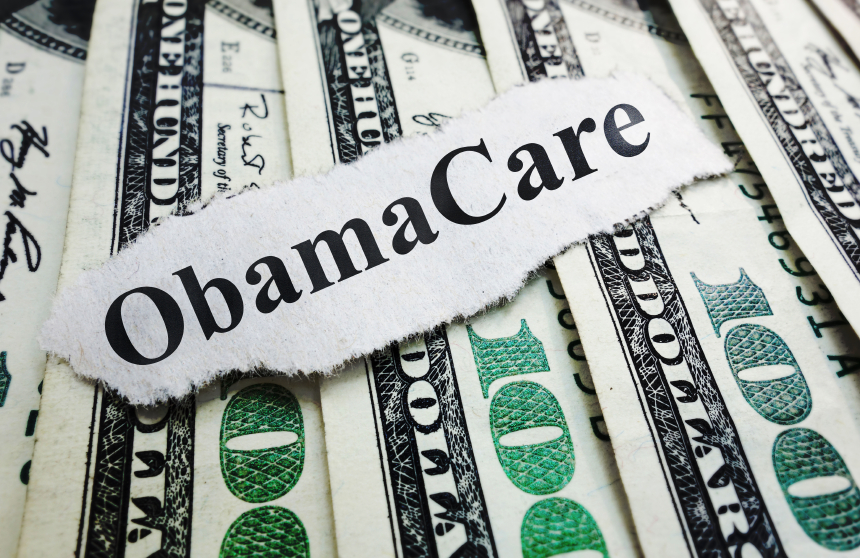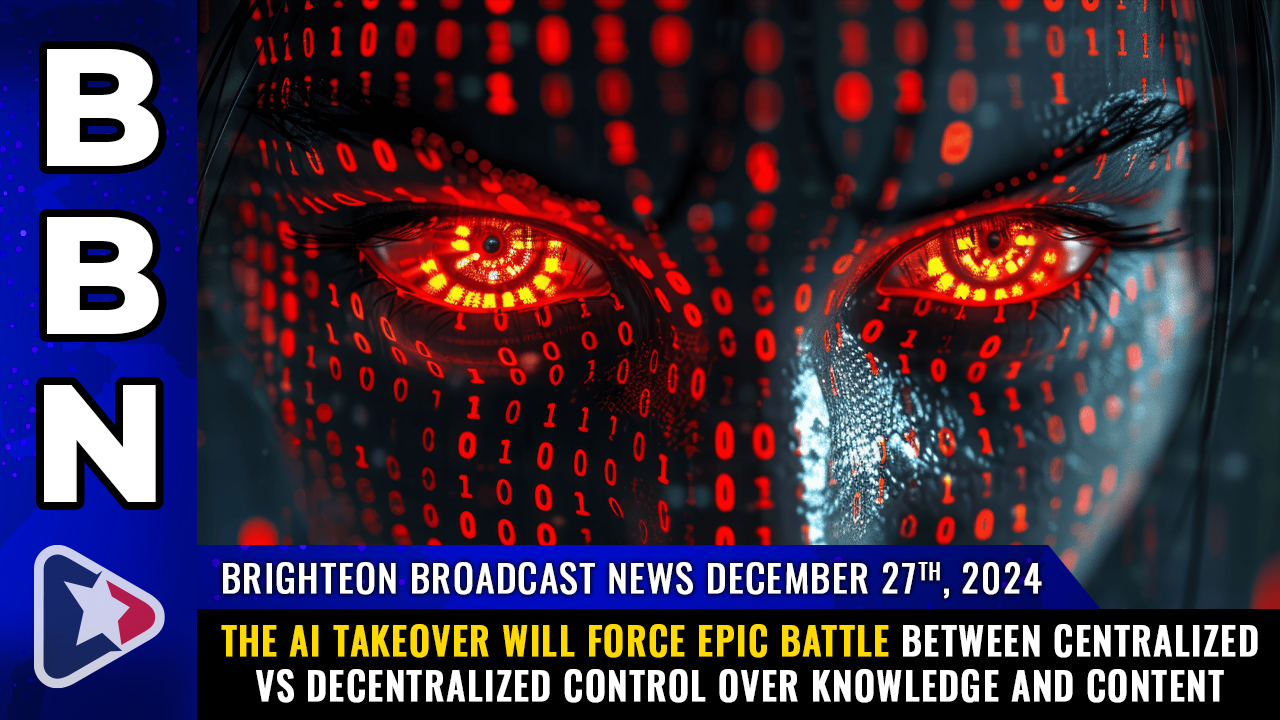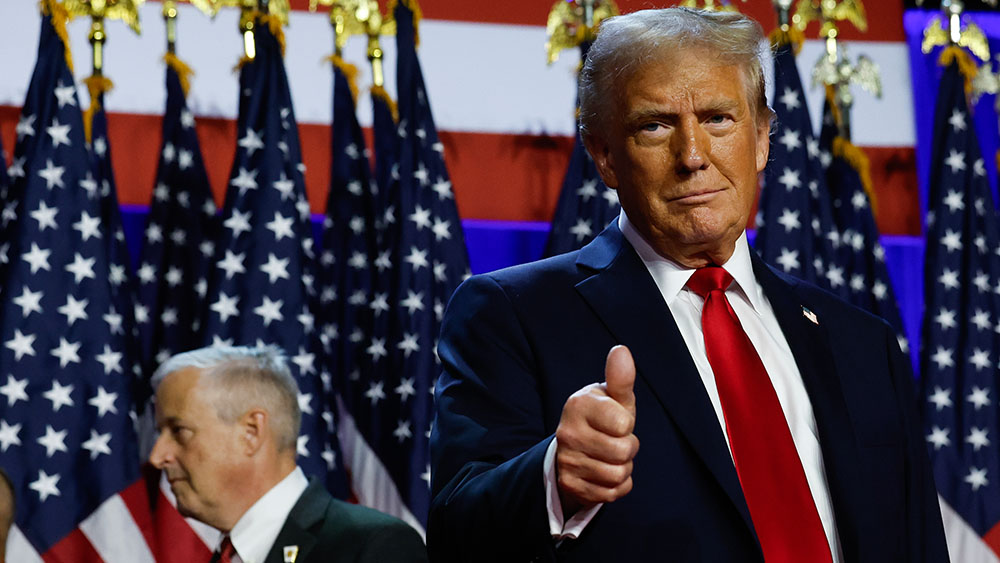Operation Choke Point 2.0: The federal government’s war on legal businesses
01/02/2025 / By Willow Tohi

- The Biden administration has revived Operation Choke Point, a controversial Obama-era initiative, targeting the cryptocurrency sector by pressuring banks to sever ties with disfavored industries, mirroring past regulatory overreach.
- Originally launched in 2013 to combat fraud, Operation Choke Point was criticized for weaponizing the financial system against lawful businesses like gun dealers and payday lenders. It was ended under Trump but has reemerged under Biden, drawing sharp criticism from lawmakers and industry leaders.
- The program operates without clear legal authority, allowing unelected bureaucrats to impose ideological agendas on the financial system, threatening free markets, the rule of law, and constitutional separation of powers.
- A network of left-wing activists and bureaucrats, including Martin Eakes and Mark Pearce, has driven the program, using federal positions to stifle competition and advance political agendas, often benefiting their own organizations.
- Lawmakers, including Senator Cynthia Lummis and Representative Blaine Luetkemeyer, are pushing to end Operation Choke Point through legislation like the End Operation Choke Point Act, aiming to restore accountability and protect lawful businesses from regulatory abuse.
In a disturbing echo of the Obama-era regulatory overreach, the Biden administration has resurrected Operation Choke Point, a controversial initiative designed to pressure banks into severing ties with industries disfavored by federal officials. This time, the target is the burgeoning cryptocurrency sector, but the playbook remains the same: Use unelected bureaucrats to weaponize the financial system against lawful businesses.
Operation Choke Point was first launched in 2013 by the Department of Justice (DOJ) under the Obama administration. Its stated goal was to combat fraud by targeting industries deemed “high-risk” by federal regulators. However, its real aim was to cut off banking services to legal businesses — such as gun dealers, payday lenders, and cannabis dispensaries — that the administration found ideologically objectionable. President Trump ended the program in 2017, but under President Biden, it has reemerged as Operation Choke Point 2.0, with the Federal Deposit Insurance Corporation (FDIC) urging banks to “pause all crypto-related activity.”
This regulatory abuse has drawn sharp criticism from lawmakers and industry leaders. Senator Cynthia Lummis (R-WY) has called out the Biden administration for its overreach, vowing that a future Trump administration will put an end to such practices. Venture capitalist Marc Andreessen has described debanking as a “privatized sanctions regime,” where businesses are denied access to financial services without due process, rules, or appeal.
The resurrection of Operation Choke Point is not just a policy issue — it’s a constitutional one. Former FDIC Chairman William Isaac, a veteran of 45 years in banking regulation, has called the program “one of the most dangerous” he has ever encountered. He warns that it operates without legal authority, guided by a political agenda that allows unelected officials to decide which businesses can access the financial system.
The left-wing network behind Operation Choke Point
At the heart of Operation Choke Point is a network of left-wing activists and bureaucrats who have used their positions to advance a political agenda. Martin Eakes, founder of the Center for Responsible Lending (CRL) and Self-Help Credit Union, has been a key player in this effort. Eakes, who has received over $380 million in federal grants and loans, has used his seat on the FDIC’s Advisory Committee on Economic Inclusion to push for regulations that stifle competition from payday lenders—businesses that compete with his own credit union.
Eakes’ critics argue that his efforts are less about consumer protection and more about eliminating competition. Studies show that when payday lenders are restricted, businesses like Self-Help Credit Union benefit. For example, after North Carolina banned payday lending in 2001—a move Eakes helped orchestrate—consumers turned to more expensive alternatives like overdraft protection and credit card cash advances.
The revolving door between Eakes’ network and federal regulatory agencies has further entrenched this bias. Mark Pearce, former president of the CRL, now serves as the director of the FDIC’s Division of Depositor and Consumer Protection, where he has pushed for stringent restrictions on payday lending. Emails obtained by the House Oversight Committee reveal that Pearce and his division actively sought to “get at payday lending” and “stop our banks from facilitating” the industry.
A threat to free markets and the rule of law
Operation Choke Point is not just an attack on specific industries — it’s an assault on the principles of free markets and the rule of law. By pressuring banks to cut off services to lawful businesses, the federal government is effectively picking winners and losers in the economy. This Orwellian approach undermines the constitutional separation of powers and allows unelected bureaucrats to impose their ideological preferences on the private sector.
The program’s targets have included a wide range of industries, from gun stores and tobacco companies to dating websites and rare coin dealers. The DOJ and FDIC claim they are merely advising banks on the risks of doing business with these industries, but the reality is far more insidious. As the House Oversight Committee has noted, Operation Choke Point has “den[ied] countless legal and legitimate merchants access to the financial system and deprive[d] them of their very ability to exist.”
A call to action
Congress must act to end Operation Choke Point and restore accountability to the regulatory process. Representative Blaine Luetkemeyer (R-MO) has introduced legislation to counter the program, and hearings on Capitol Hill have shed light on its abuses. The End Operation Choke Point Act of 2014, which creates a safe harbor for banks that serve legal businesses, is a critical step in reining in this regulatory overreach.
The stakes could not be higher. If the federal government can use its power to debank industries it dislikes today, what’s to stop it from targeting others tomorrow? The same tactics used against payday lenders and cryptocurrency firms could be turned on gun manufacturers, convenience stores, or even family planning clinics.
Operation Choke Point is a dangerous precedent that must be stopped. It’s time for Congress to choke off this unconstitutional program and protect the rights of lawful businesses to operate in a free and fair economy.
Sources include:
Submit a correction >>
Tagged Under:
bias, big government, Bubble, conspiracy, corruption, cryptocurrency, deep state, economic riot, fascism, finance riot, free markets, freedom, insanity, Joe Biden, left cult, legal businesses, Liberty, money supply, Operation Choke Point, Orwellian, risk, suppressed, Tyranny, White House
This article may contain statements that reflect the opinion of the author
RECENT NEWS & ARTICLES
COPYRIGHT © 2017 RISK NEWS

